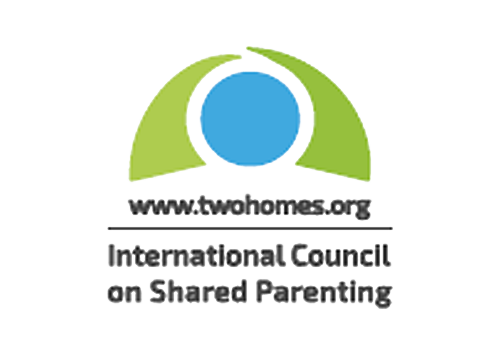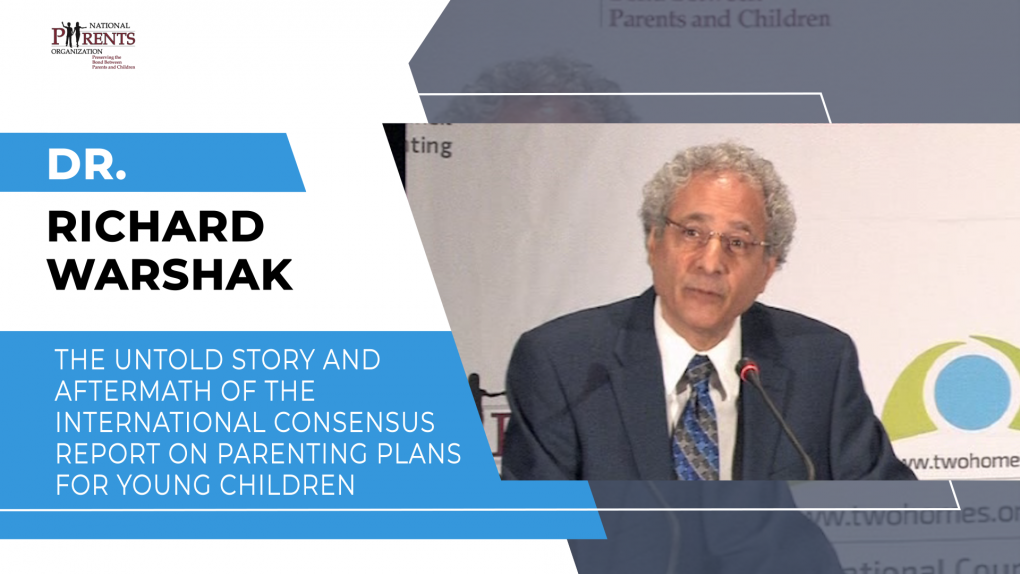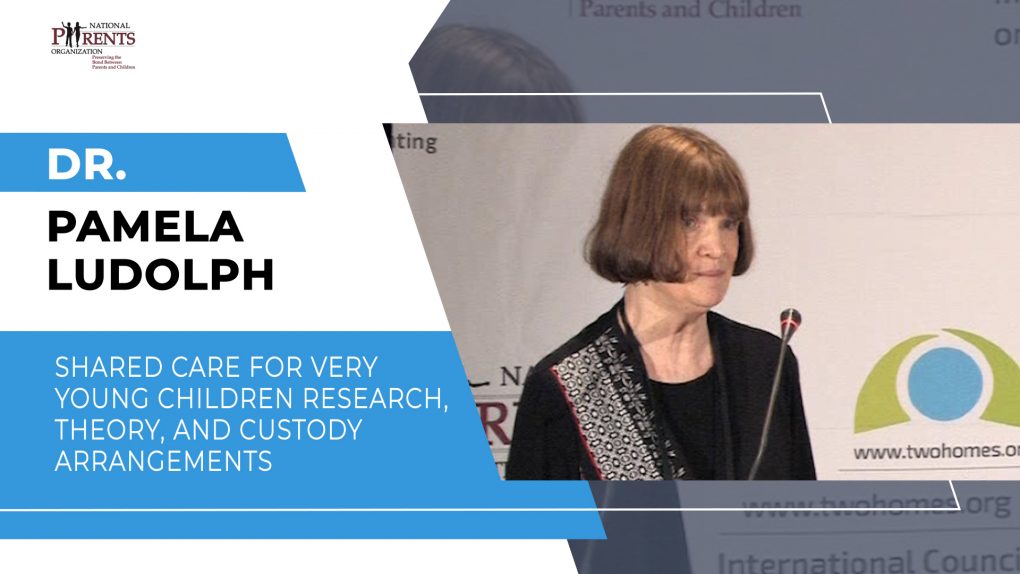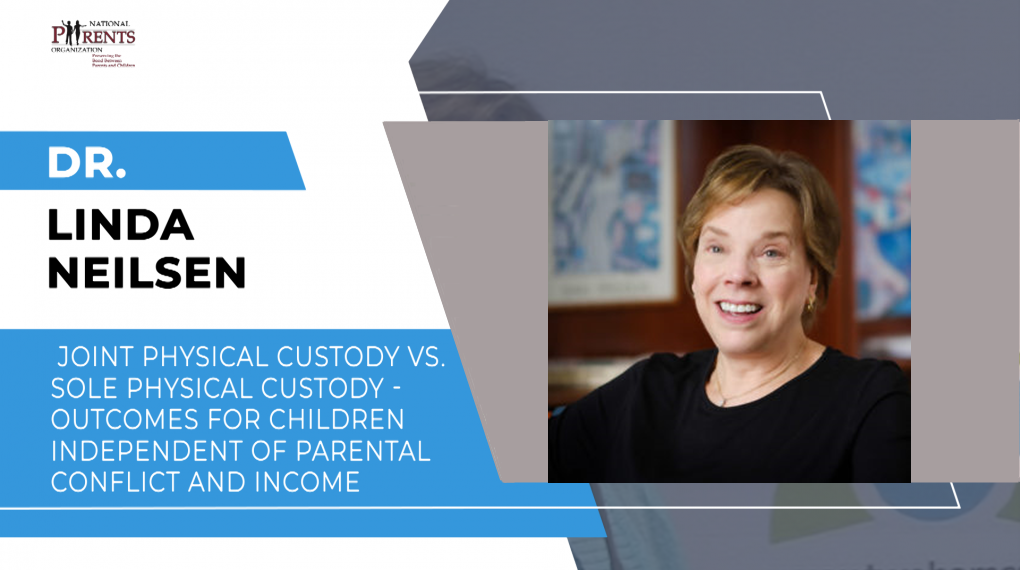The untold story and aftermath of international consensus report on parenting plans for young children
Shared care for very young children: Research, theory, and custody arrangements
Shared care for infants, toddlers, and preschoolers raises heated debates, and presents challenges in creating parenting plans. Traditional custody arrangements have restricted the father’s time with young children based on attachment theory, as construed by John Bowlby in the 1950’s and 1960’s.The theory warned against separating young children from their mothers for fear of undermining a secure attachment which would, in turn, have long-lasting effects on the child. According to subsequent research by Lamb and others, however, babies form attachments to both parents. Both mothers and fathers play unique and critical roles in the earliest years of their child’s development. In addition, the recent work of attachment researchers has shown that the link between early childhood attachment to mothers and children’s future outcomes is weak and inconsistent. At present there is little evidence for setting limits on children’s overnight parenting time with their fathers. The few studies available are not methodologically sound. Nor is there an empirical basis for checklists such as CODIT (“Charting Overnight Decisions for Infants and Toddlers”), which has recently emerged as a list of children’s behaviors and family circumstances that purportedly determine whether overnighting is appropriate for particular families. Checklists such as CODIT—which is currently posted on Oregon’s family court website— should not be used as guidelines for creating custody plans. Suggestions are offered for parenting plans for very young children based on available research and advice in the literature, as well as the experience of a forensic psychologist and clinician.
Joint physical custody vs. sole physical custody: Outcomes for children independent of parental conflict and income
Is joint physical custody (JPC) where children live with each parent at least 35% of the time linked to any better or worse outcomes for children than sole physical custody (SPC)? In what situations is JPC linked to worse outcomes? To what extent are children’s outcomes linked to their parents’ incomes and levels of conflict? When parents do not have low conflict, collaborative co-parenting relationships, are children better off if one parent has sole physical custody or if parents have shared physical custody? In 40 of 50 studies JPC children had better outcomes on measures of behavioral, emotional, and physical well-being and better relationships with parents and grandparents. In 4 studies the outcomes were equal. In 6 studies on some measures certain groups of children had worse outcomes. In all 35 studies that controlled for family income or parental conflict, JPC was linked to better outcomes. In the 20 studies that compared JPC and SPC parents’ levels of conflict at the time of separation or in subsequent years, JPC parents did not have significantly more cooperative or lower conflict relationships. Higher conflict and poorer co-parenting were not linked to worse outcomes for children in JPC than in SPC families. JPC was linked to worse outcomes when children had poor relationships with their fathers or had poor relationships with both parents while simultaneously being caught in the middle of high conflict.
- Page 2 of 2
- 1
- 2




